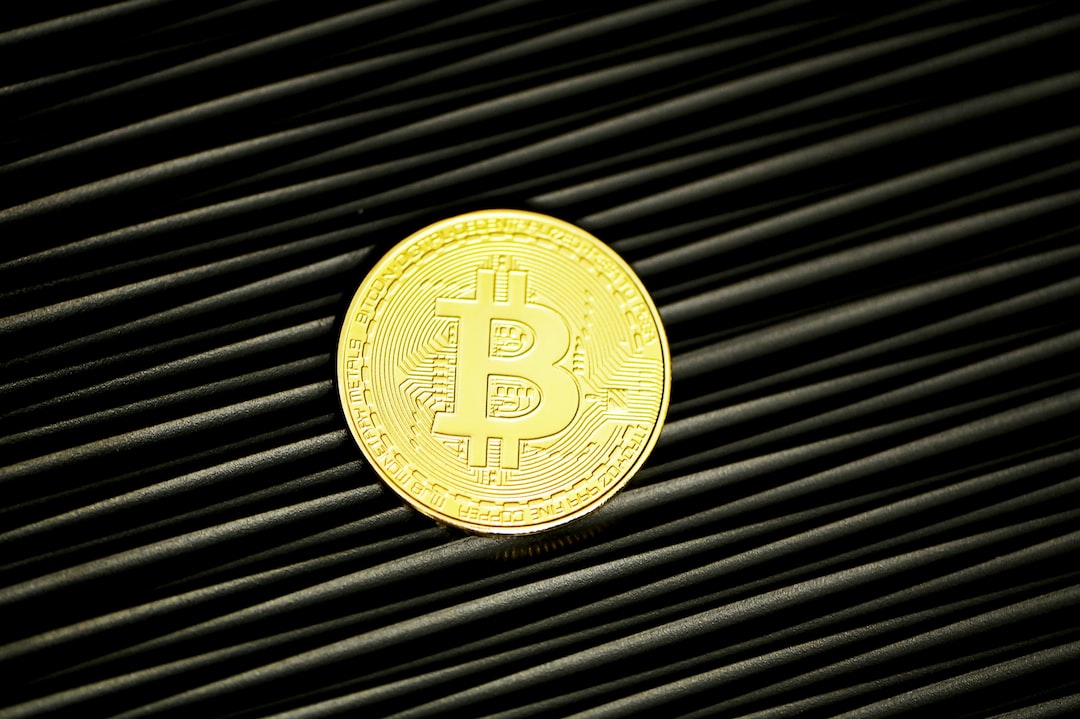Brazil’s Central Bank President on the Challenges of CBDCs
The President of Brazil’s central bank, Roberto Campos Neto, highlighted a key challenge in the development of central bank digital currencies (CBDCs) – striking a balance between open networks and privacy. He noted that current CBDCs are hybrid systems, combining elements of distributed ledger technology (DLT) within the central bank and centralized systems for external use. Campos Neto emphasized the need to find a solution that allows for the benefits of DLT, such as transparency and contract production, without compromising privacy. While this challenge remains unsolved, he expressed optimism that a solution is within reach.
Speeding Up International Transactions with CBDCs
Campos Neto believes that CBDCs have the potential to enhance international transactions by making them faster and more efficient. With each country having its own digital currency, connecting these currencies digitally can achieve the goal of a common currency without sacrificing monetary policy. He stressed that centralized systems can be connected to DLT systems just as quickly as DLT to DLT, challenging the notion that cryptocurrencies will always outperform CBDCs.
Brazil’s Digital Real and its Advantages
In Brazil, the development of their digital currency called Drex offers several advantages. Campos Neto explained that Drex is simply a token issued against a deposit held by banks. This approach simplifies and reduces costs while leveraging existing regulations for deposits. Additionally, tokenization can improve processes related to contracts and registration, such as facilitating real estate purchases with encrypted code and smart contracts.
‘Programmable Money’ and Future Possibilities
Campos Neto sees great potential in programmable money offered by platforms like Brazil’s PIX system. Programmability allows for features like automatic and programmed payments, which could revolutionize the credit card industry. He predicts that the credit card environment will undergo significant changes in the next few years as programmable money becomes more prevalent. Furthermore, he believes that tokenization of assets and the move towards digital platforms will become irreversible, giving countries with programmable and digital systems a competitive advantage.
Hot Take: CBDCs and the Future of Global Finance
Roberto Campos Neto’s insights shed light on the challenges and opportunities presented by CBDCs. While the delicate balance between open networks and privacy remains a hurdle, the potential benefits of CBDCs for international transactions and monetary policy coordination are significant. Brazil’s progress in developing their digital real showcases the advantages of tokenization and programmable money. As countries embrace digital currencies, those without programmable and digital systems may find themselves falling behind in the rapidly evolving global financial landscape.





 By
By
 By
By
 By
By

